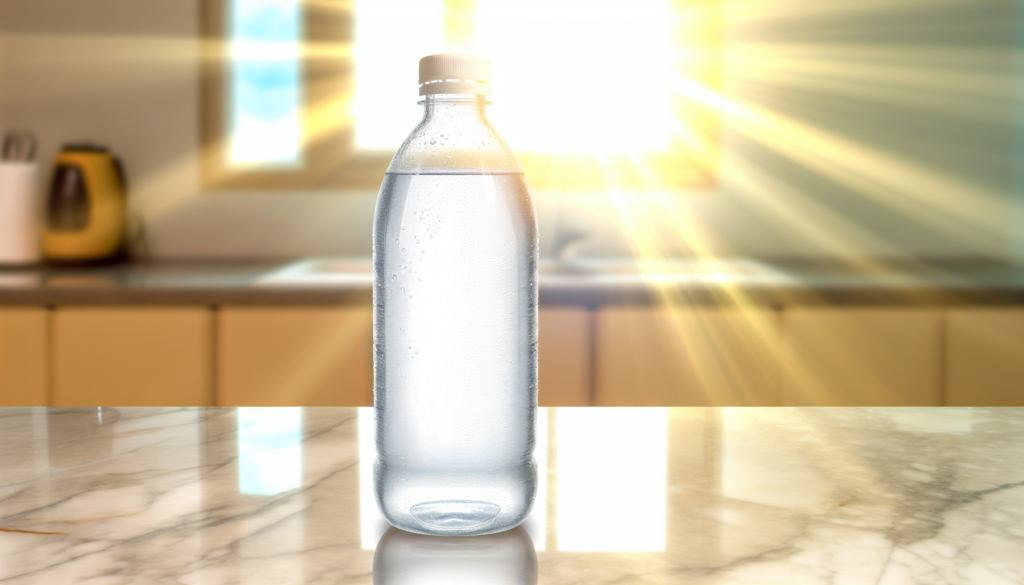Ever wondered why some people just seem to have that natural glow? That enviable skin that looks clear, radiant, and healthy without seeming to try? The truth is, behind that “effortless” look is usually a consistent, thoughtful skin care routine that’s tailored to their specific needs. Whether you’re dealing with breakouts, dullness, signs of aging, or just want to maintain healthy skin, following these seven steps can transform your complexion and boost your confidence. The journey to glowing skin isn’t about expensive products or complicated treatments – it’s about understanding your skin and giving it exactly what it needs.
Why Having a Consistent Skin Care Routine Matters
Your skin is constantly exposed to environmental stressors, from pollution to UV rays, not to mention the effects of diet, stress, and hormonal changes. A proper skin care routine acts as your skin’s defense system, helping it recover, regenerate, and stay resilient against these daily challenges. Consistency is key – think of your skin care routine like exercise: you won’t see results from hitting the gym once a month, but regular workouts transform your body over time. The same principle applies to your skin!
Step 1: Know Your Skin Type
Before diving into products and routines, you need to understand what you’re working with. Is your skin:
Your skin type might change with seasons, hormones, or age, so regularly reassessing your skin’s needs helps you adapt your routine accordingly. Not sure about your skin type? Try the blotting paper test – press a blotting paper on different areas of your face. If it picks up oil from your forehead, nose, and chin, you likely have combination or oily skin. If there’s barely any oil, you’re probably on the dry side.
Step 2: Cleanse Properly (Morning and Night)
Cleansing is the foundation of any good skin care routine, but many people get it wrong! Overwashing strips natural oils, while underwashing leaves dirt and makeup behind.
Morning Cleanse
In the morning, you don’t need a heavy-duty cleanser – your skin hasn’t been exposed to makeup or significant environmental pollutants overnight. A gentle water-based cleanser is perfect to remove any sweat or products from your pillow without disrupting your skin barrier.
Evening Cleanse
Evenings call for a double cleanse if you wear makeup or sunscreen (which should be everyone!):
Remember, hot water can irritate your skin – opt for lukewarm water instead. And gentle circular motions are better than aggressive scrubbing, which can damage your skin barrier.
Step 3: Exfoliate (But Don’t Overdo It)
Exfoliation removes dead skin cells that can make your complexion look dull and clog your pores. There are two main types:
Chemical exfoliation is generally gentler and more even than physical scrubs, which can create micro-tears in the skin. For most skin types, exfoliating 1-3 times per week is sufficient – more isn’t better! Over-exfoliation leads to irritation, sensitivity, and a damaged skin barrier (hello, redness and breakouts!).
Step 4: Target Specific Skin Concerns with Serums
Serums are concentrated treatments packed with active ingredients to address specific skin concerns. They have smaller molecules that can penetrate deeper into the skin. Common beneficial ingredients include:
Apply serums after cleansing while your skin is still slightly damp for better absorption. You don’t need to use all these ingredients at once – rotating serums or using different ones for morning and night can prevent irritation and maximize benefits.
Step 5: Moisturize, Regardless of Skin Type
Yes, even if you have oily skin, you need moisturizer! Skipping this step can actually make your skin produce more oil to compensate. The right moisturizer:
For oily skin, look for lightweight, oil-free, or gel formulations. Dry skin benefits from richer creams with ingredients like ceramides and fatty acids. Combination skin might need different products for different areas or a balanced medium-weight lotion.
Step 6: Never Skip Sunscreen (Morning)
If you only follow one step from this entire routine, make it this one! Sunscreen is the most powerful anti-aging and skin-protecting product available. UV damage leads to:
Choose a broad-spectrum SPF 30+ and apply it as the final step of your morning routine (after moisturizer, before makeup). Don’t forget often-missed spots like your neck, ears, and hands. And yes, you need sunscreen even on cloudy days, while driving, or sitting by windows – UVA rays penetrate glass and clouds!
Step 7: Add Weekly Treatments and Consistency
Think of this step as your skin care “boost” – once or twice weekly treatments that provide extra benefits:
The key to seeing results isn’t using the most expensive products or having the most complicated routine – it’s consistency with quality ingredients that work for your specific skin type and concerns. Your skin renews approximately every 28 days, so give any new products or routines at least one full month before judging their effectiveness.
Listen to Your Skin’s Changing Needs
Your skin communicates with you! Breakouts, dryness, or irritation are signs to adjust your routine. Seasonal changes, hormonal fluctuations, travel, and stress can all impact your skin, requiring tweaks to your regular skin care routine.
The best approach is mindful observation – check in with your skin regularly and be willing to simplify when needed. Sometimes, less is more, especially if your skin seems irritated or overwhelmed.
Remember that glowing, clear skin is a journey, not a destination. Patience, consistency, and understanding your unique skin needs will get you there. And while a good skin care routine is essential, don’t forget that hydration, nutrition, sleep, and stress management all play vital roles in your skin’s health and appearance. Beautiful skin truly does come from within – supported by thoughtful care from the outside!







